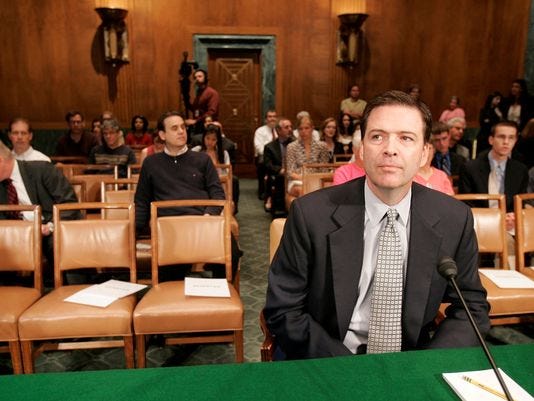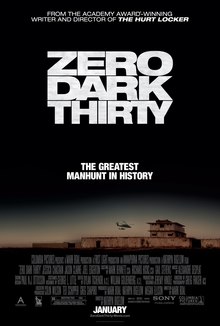 As another school year comes to a close, I start to
think about going back into the open. By open I mean being able to spend my
summer at beaches, riding bikes, and generally being outside more. The past two
summers I have been able to experience the outdoors like never before- I was
able to take a 7 day canoe trip in the Boundary Waters between the United
States and Canada, as well as kayak the Apostle Islands National Lakeshore for
a 5 day trip. The picture above is one of many caves kayakers can visit in the Apostle Islands in Wisconsin. All of the entry points for these trips were through State Parks;
all of which allowed me to see the untouched, pristine natural beauty of the
Great Lakes. This New York Times
article reminded me of my trips greatly and also brought up some themes
discussed in AS this semester. Being able to travel is almost a source of power
so who is able to travel? And why does traveling benefit a person so much?
As another school year comes to a close, I start to
think about going back into the open. By open I mean being able to spend my
summer at beaches, riding bikes, and generally being outside more. The past two
summers I have been able to experience the outdoors like never before- I was
able to take a 7 day canoe trip in the Boundary Waters between the United
States and Canada, as well as kayak the Apostle Islands National Lakeshore for
a 5 day trip. The picture above is one of many caves kayakers can visit in the Apostle Islands in Wisconsin. All of the entry points for these trips were through State Parks;
all of which allowed me to see the untouched, pristine natural beauty of the
Great Lakes. This New York Times
article reminded me of my trips greatly and also brought up some themes
discussed in AS this semester. Being able to travel is almost a source of power
so who is able to travel? And why does traveling benefit a person so much?
“Why Am I at a National Park?” by Eric Nagourney
explains how baby boomers have been a constant, reliable stream to the National
Parks in the United States while people aged 16 to 30 have decreased in
visiting National Parks. The article quotes Jonathan Jarvis, the director of
the park service. Mr. Jarvis said, “The parks must compete with high-speed,
high-resolution entertainment, with instant access to seemingly everything in
the blink of the eye.” While it is certainly true that children and young
adults in 2013 may be captivated by “high-speed, high-resolution entertainment,”
some other factors that may be influencing young adults not being able to visit
National Parks are that a majority may not have the power to. Baby boomers are
starting to become retired- free from the responsibilities of children and
work.
The ability to visit
National Parks or travel around the country in general takes a type of power in
the sense that a person would need to take vacation days, spend money, and be
away from their general responsibilities for the entire trip. This made me
think of some class discussions and themes that we have seen throughout the
year. More specifically, this made me think of social class issues and the
certain powers that accompany the upper and middle classes. The powers of traveling include new knowledge
and experiences with cultures and different types of people. Similarly, further
research into this from the National Wildlife Federation found that children
had “stress
levels fall within minutes of seeing green spaces” and that natural settings
are “widely effective in reducing ADHD symptoms.”
As many issues in the
United States fall into class, travel is no different. The benefits of travel
have been shown but what steps can be taken to improve travel to National Parks
as well as just around the country in general? Are we facing another true class
issue or can this be resolved more simply?






.jpg)








